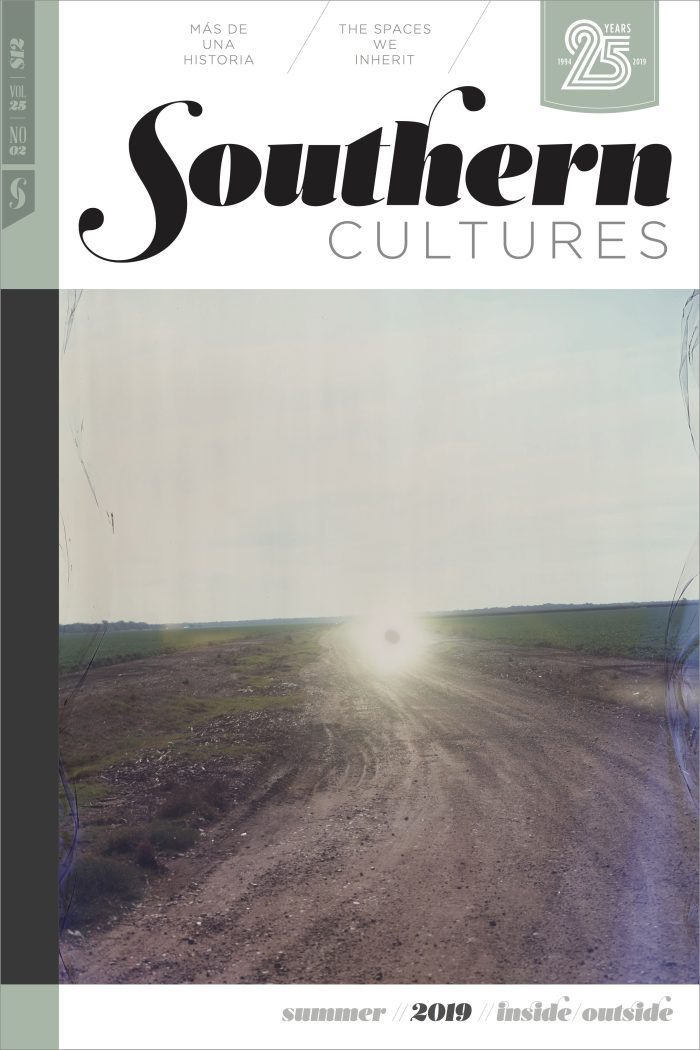“These landscapes hold the remnants of five thousand distant voices.”
If all photographs are abandonings, as the American critic Henry Allen once wrote, then how might we view photographs of lynching sites? Located for the most part in the geographic margins and the shadows of our collective memory, these landscapes hold the remnants of five thousand distant voices, what Jelani Cobb calls “phantasms of the past.” In his forthcoming introduction to “The Spaces We Inherit,” Cobb writes that the physical sites of racial violence are not just witnesses to horror and injustice but scenes of “discarded cruelties that point us to an obvious fact: a ghost is simply a vector of neglected history.”


